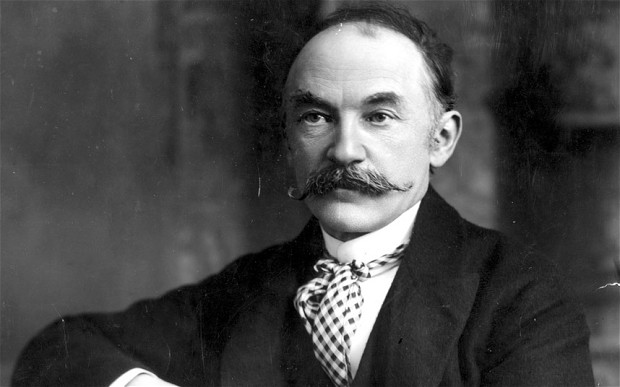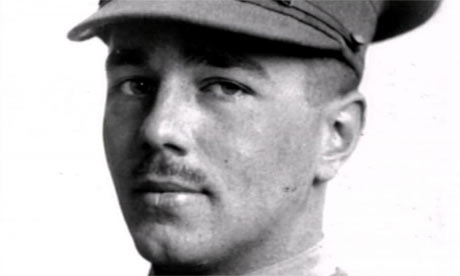“The Last Bargain” by Tagore is a sixteen lines poem composed in blank verse conveying a strong message well needed for the materialistic world that no power, money or lust can make us happy. Simplicity and innocence are the most supreme of all. The Last Bargain solved question answers are shared below.
Solved Short Questions and Answers- The Last Bargain:
- Who is the speaker in the poem “The Last Bargain”?
In Rabindranath Tagore’s “The Last Bargain”, the speaker is the man who is quest for a job for himself walking on the streets and asking out to be hired by someone.
- Why did the speaker deny the king’s proposal?
At the very opening of the poem it has been seen that the speaker is denying the king’s proposal of hiring him. This is because he believes in no power which can bind him in the shackel of mere bondage. This urgency of freedom in himself led him to deny the king’s proposal.
- Why did the speaker turn down the offer of the old man?
An old man with his bag of gold wanted to hire the speaker with a lot of money. But the speaker had denied his proposal for the temporary existance of money in one’s life. The speaker is more conscious about the fact that after spending away all the money, he will be bereft of the work again.
- Why did the fair maid go back alone into the dark?
Like the power of the king, the money of the old man, the charm of the fair maid too is very temporary regarding its existance. Her sweet smile is bound to be dried away in tears with the due course of time, that is why the fair maid went back alone into the dark.
- Explain the phrase “I hire you with nothing”.
At the very end of the poem the speaker is encountering with an innocent child. Unlike the previous power, money and lust, the child wants to hire the speaker with his due simplicity. This simplicity is not to be faded away with the due course of time.
- How did the speaker feel after talking to the child on the beach?
The child’s inherent innocence made him the epitome of simplicity in this materialistic world of power, money, lust. The speaker has sensed well the child’s inner power of that simplicity and that has made him free from the bondage of the harsh worldly materialism.
The Last Bargain Solved Long Question and Answer
- How does the power and money get contrasted with the innocence in the poem “The Last Bargain”?
The poem “The Last Bargain” by Rabindranath Tagore explores the clear contrast among power, money and innocence. Apparently power and money are the dominating forces in the world. But this dominance has been defeated by the almighty time. The poet is chalking out this partial existence of power and money in this world. The speaker in the poem is the medium through whom this contrast is getting perturbed in a better way.
Initially the powerful sword in the king’s hand, the grandure of his royal chariot tries to empower the speaker by hiring him, but it only existed for a few moments. Finally it aught to bid farewell instead of possessing so much power in himself. Similarly the old man with his bag of gold tries to hire the speaker to be his slave but has to finish in utter futility. Even the charm of the fair maid also utilized the scope to lure him in her slavery, but that too could be ignored by speaker himself. Rather at the final stage it can be seen that the speaker is bound by the simplicity of an innocent child playing with shells in the sea-shore. The innocence of the child gave him the taste of freedomand not the bondage of slavery. Thus the power and money get contrasted with the innocence in the poem “The Last Bargain”.
Some online learning platforms provide certifications, while others are designed to simply grow your skills in your personal and professional life. Including Masterclass and Coursera, here are our recommendations for the best online learning platforms you can sign up for today.
The 7 Best Online Learning Platforms of 2022
- Best Overall: Coursera
- Best for Niche Topics: Udemy
- Best for Creative Fields: Skillshare
- Best for Celebrity Lessons: MasterClass
- Best for STEM: EdX
- Best for Career Building: Udacity
- Best for Data Learning: Pluralsight













